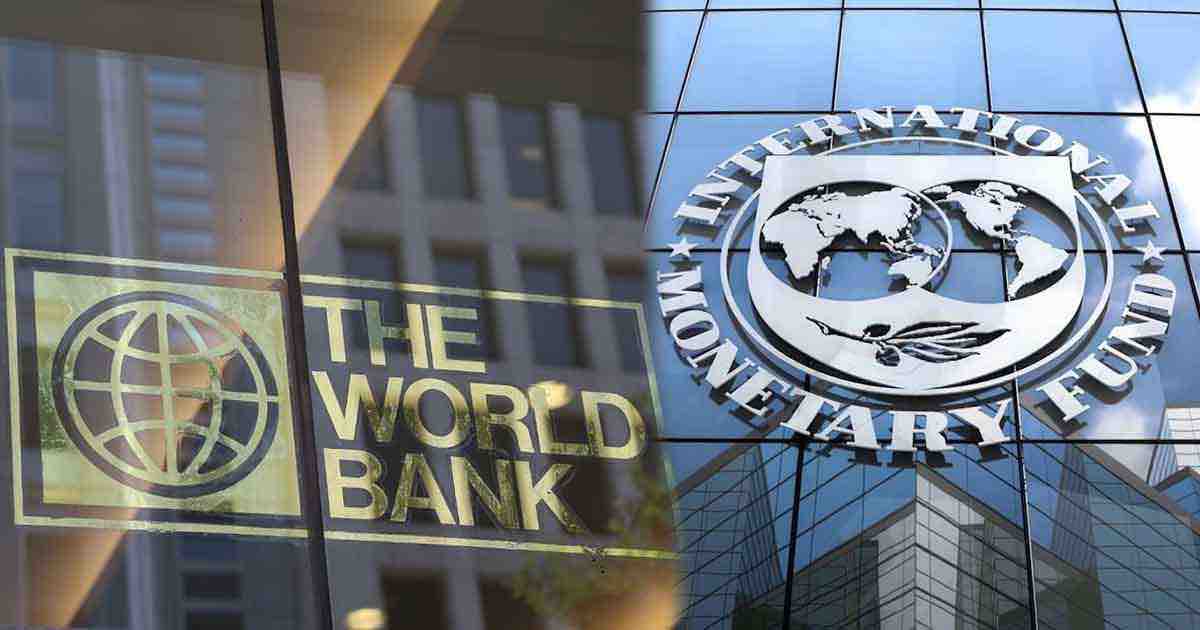RIO DE JANEIRO, BRAZIL – Argentina is one of the top ten debtor countries in the emerging world, according to a ranking released today by the World Bank. It occupies that place despite not having taken debt in international markets since 2019, since Mauricio Macri left the government.
The World Bank analysis detailed the list of countries with the most extensive external debt stock at the end of 2020.
Read also: Check out our coverage on Argentina
In addition to Argentina, they include Brazil, China, India, Indonesia, Mexico, Russia, South Africa, Thailand, and Turkey.

The report was presented at the annual meeting of the IMF and the World Bank.
Debt accumulation remained lower for Latin American and Caribbean countries but averaged 8.4% for Argentina, Brazil, and Mexico, it said.
INVESTMENTS
The report noted that in the Argentine case, foreign direct investment (FDI) inflows continued on the downward trajectory that began in 2018. According to the agency’s data, that key indicator fell 42% in 2020, to just USD 3.8 billion.
The report consigned that “the challenging economic environment and prolonged industry shutdown hurt FDI, with new investment falling 45%, while reinvested earnings fell 22%.” It noted the exit from Argentina of several international companies such as Walmart, Schlumberger, and Danone France, which sold their assets to domestic investors.
The report stated that economies worldwide face a “daunting challenge due to high and rapidly rising debt levels”.
Carmen Reinhart, senior vice president and chief economist at the World Bank Group, argued that “policymakers should prepare for the possibility of debt overhang when financial market conditions become less benign, particularly in emerging market and developing economies.”
“Governments responded to the Covid-19 pandemic with massive fiscal, monetary and financial stimulus packages. While these measures were intended to address the health emergency, cushion the impact of the pandemic on the poor and vulnerable, and put countries on the road to recovery, the resulting debt burden of the world’s low-income countries rose 12% to a record USD 860 billion,” warned the World Bank.

